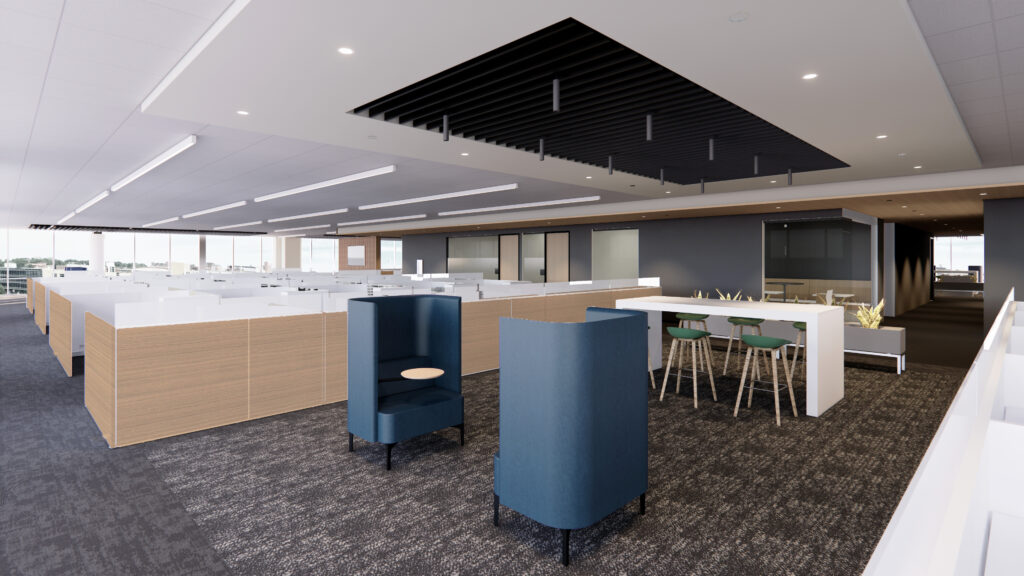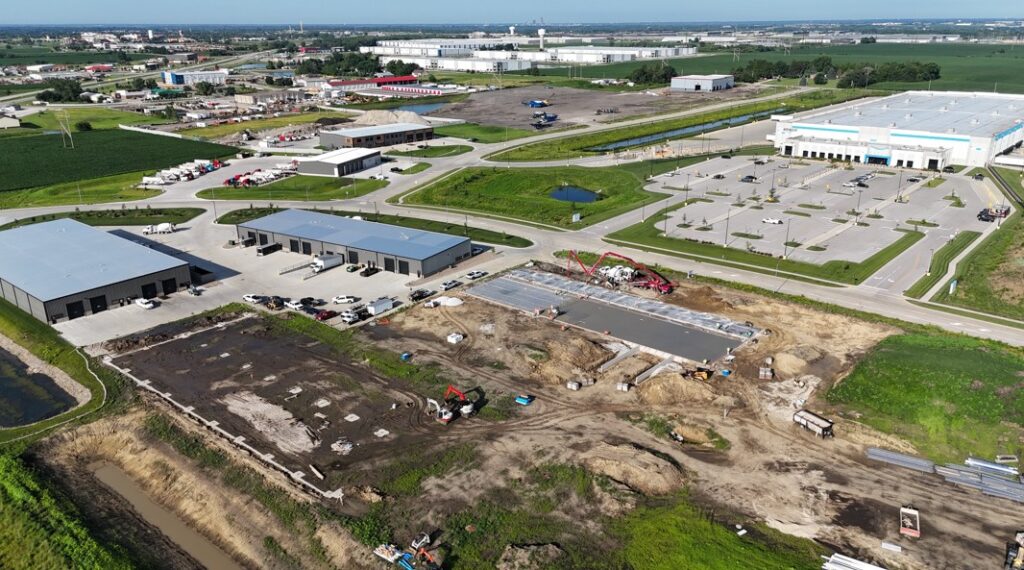Des Moines housing study takes a regional twist

KENT DARR Jun 12, 2018 | 7:43 pm
2 min read time
471 wordsBusiness Record Insider, Real Estate and DevelopmentA housing study that will first focus on downtown Des Moines has gained support among a handful of suburbs, and most likely moral support throughout the region.
The research is being spearheaded by Capital Crossroads as it seeks an answer to the lack of workforce housing. It’s an issue through much of Greater Des Moines, but especially acute downtown. Though there is a glut of apartments downtown, many are not affordable — that is, requiring no more than 30 percent of income — to many workers.
In February, Nikki Syverson, executive director of the regional visioning project known as Capital Crossroads, presented plans to the Des Moines City Council for a comprehensive study led by the Virginia Center for Housing Research at Virginia Tech.
During that meeting, Syverson said that in 2002, 68 percent of downtown apartments were considered affordable, 32 percent were market-rate. Of the new apartments that have come on the market since that time, 10 percent are affordable, 90 percent are market-rate, creating a situation where 35 percent of all apartments are affordable and 65 percent are market-rate. The city and developers are attempting to close that gap through development agreements on a few mixed-use projects.
The $86,000 data collection phase of the study as first presented was short on funding by about $48,000, and the city of Des Moines was asked to cover the balance. Polk County Housing Trust Fund had committed $20,000, the Greater Des Moines Partnership and Capital Crossroads, $5,000 each. The Metropolitan Planning Organization also is involved.
The reaction from the Des Moines City Council was a bit chilly, though council members conceded there was a need for the study.
As part of the contract with Virginia Tech, staff from each participating group receives training on how to gather and analyze the data. Syverson had an opening for five more participating organizations and as a result of meetings with area mayors and city administrators, gained the support of Ankeny, Clive, Norwalk, Urbandale and West Des Moines. Each city will contribute $1,500 toward the study.
Possibly more important for Syverson is that staff from those communities also will be trained in collecting and interpreting data.
In time, all of the participants will be able to help other cities in Greater Des Moines determine their housing needs.
“We are starting a regional conversation knowing that workforce is our biggest need and we need to be able to house our workforce,” Syverson said. “From an economic development standpoint this is something that needs to be addressed.”
After the data is collected and analyzed, its use will be strategized. The phase carries an estimated price tag of $50,000, and Syverson plans to ask downtown employers for their financial support. In addition, funding could include $25,000 from Prairie Meadows.
Data collection kicked off after a training session June 12.









